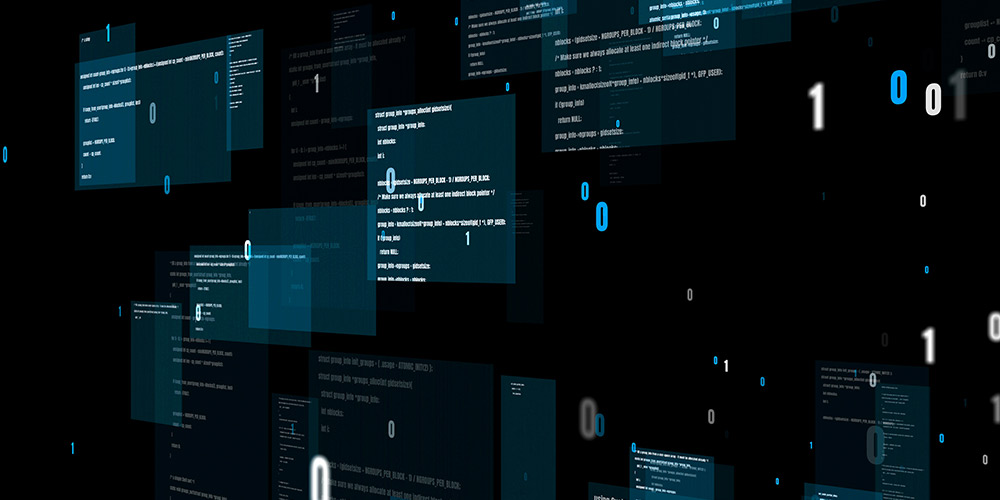The 2023 Solidity & Flutter Developer Bundle
6 Courses & 24 Hours
Deal Price$24.99
Suggested Price
$102.00
You save 75%
What's Included

$17.00 Value
Job-Ready Flutter Complete Course with Firebase & Dart
Rahul Agarwal
85 Lessons (16h)
Lifetime

$17.00 Value
Build a Decentralized Todo Application Using Solidity & React
Rahul Agarwal
15 Lessons (2h)
Lifetime

$17.00 Value
Learn to Create & Sell Your Own NFT Using Solidity
Rahul Agarwal
11 Lessons (1h)
Lifetime

$17.00 Value
Build a Basic Chat App Using Flutter & Firebase
Rahul Agarwal
11 Lessons (2h)
Lifetime

$17.00 Value
Build a Decentralized Library Management with Solidity & Next JS
Rahul Agarwal
16 Lessons (2h)
Lifetime

$17.00 Value
Build a Full Stack NFT Marketplace Using Solidity & Next JS
Rahul Agarwal
26 Lessons (1h)
Lifetime
Terms
- Unredeemed licenses can be returned for store credit within 30 days of purchase. Once your license is redeemed, all sales are final.
Your Cart
Your cart is empty. Continue Shopping!
Processing order...


